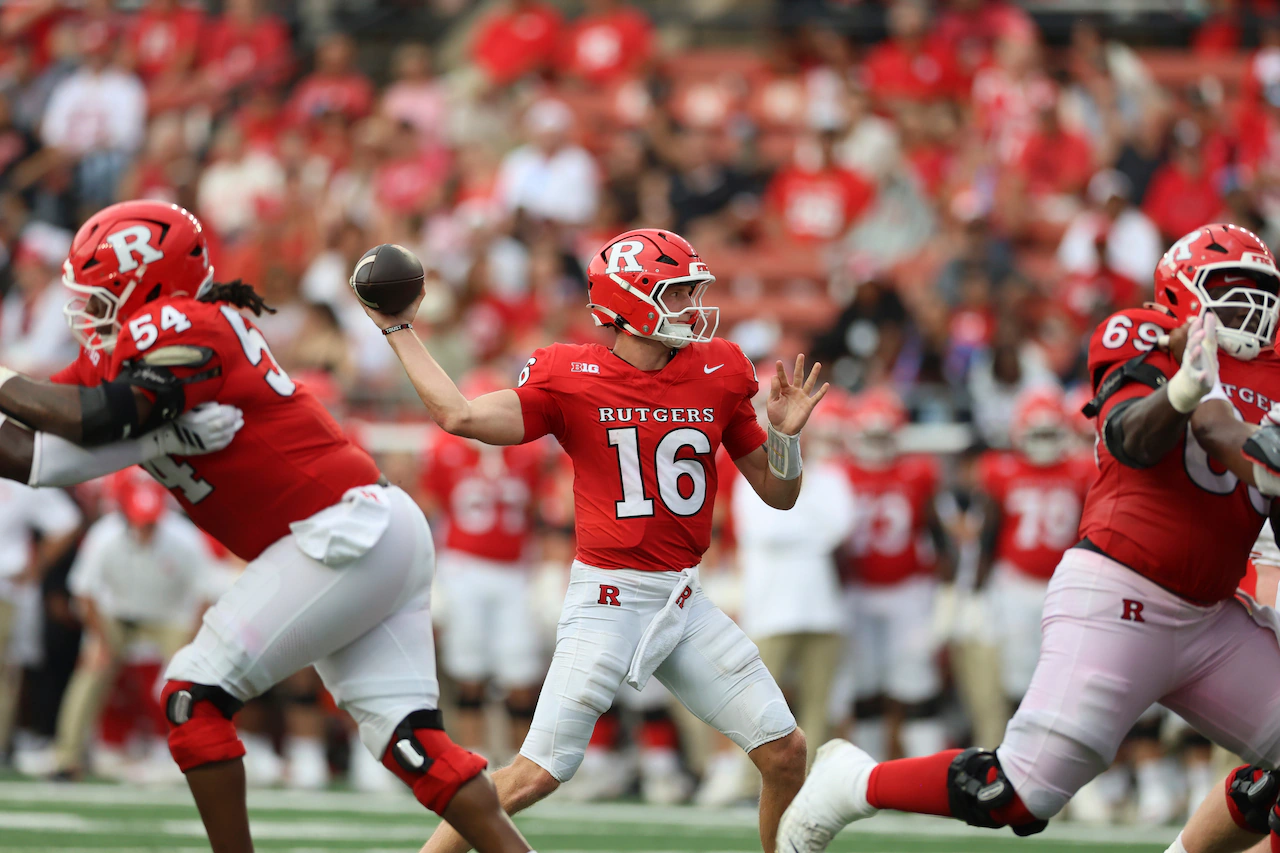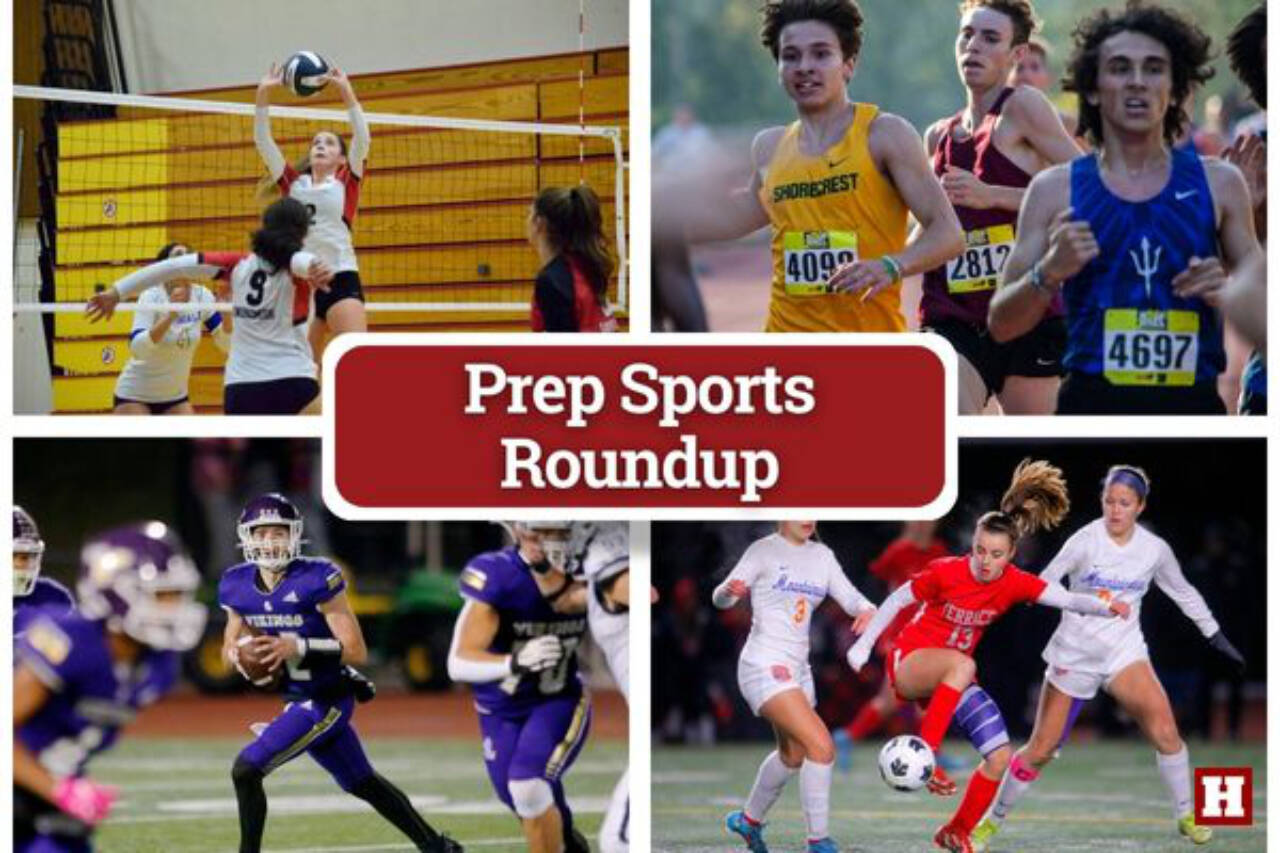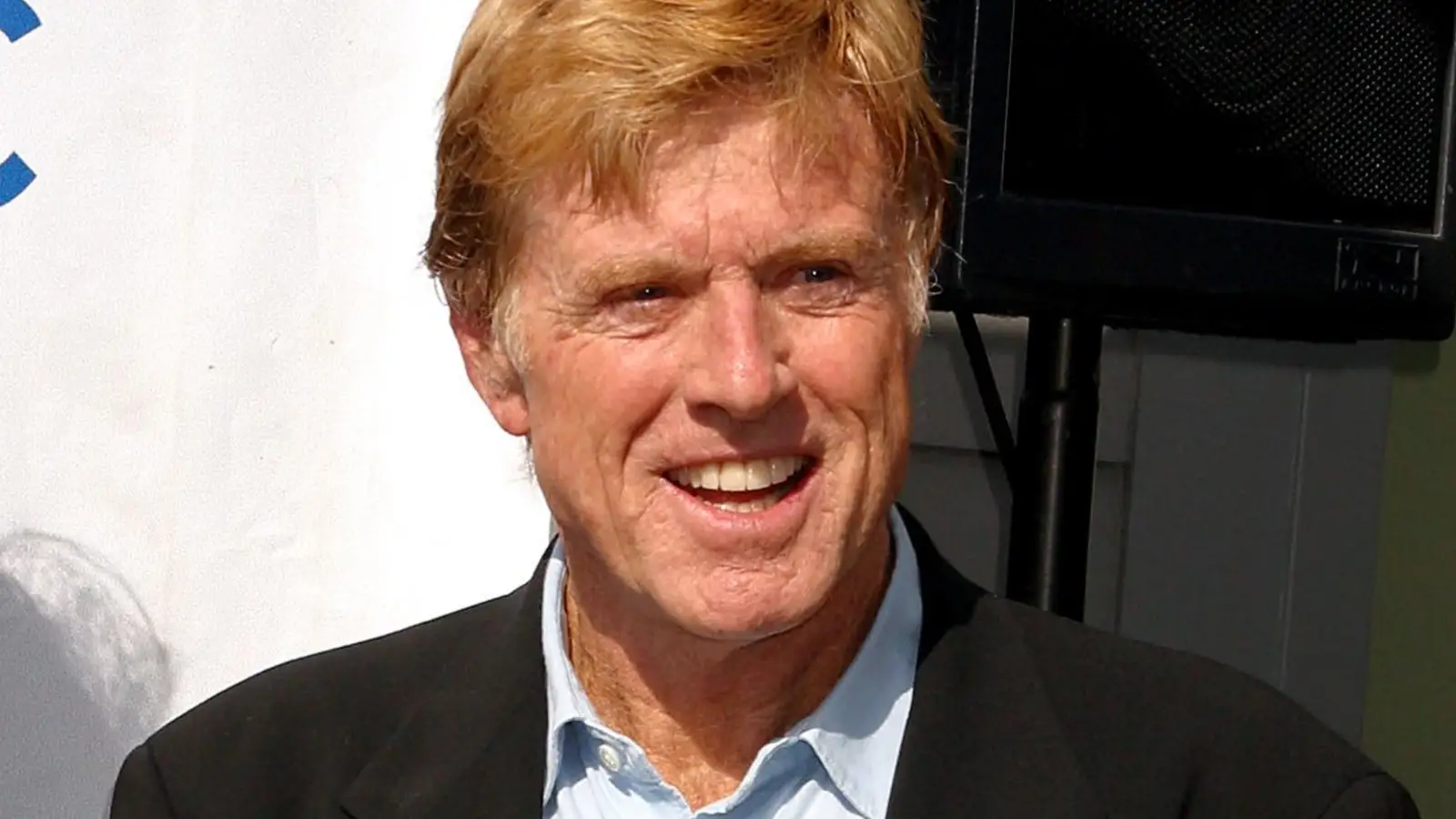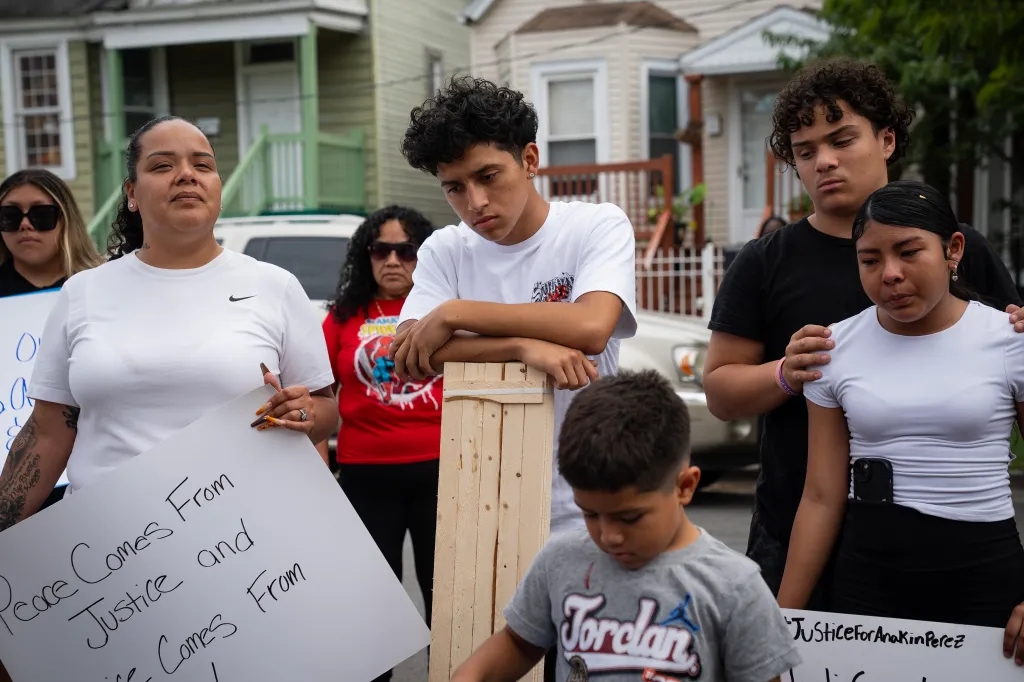By Matt Reigle
Copyright outkick
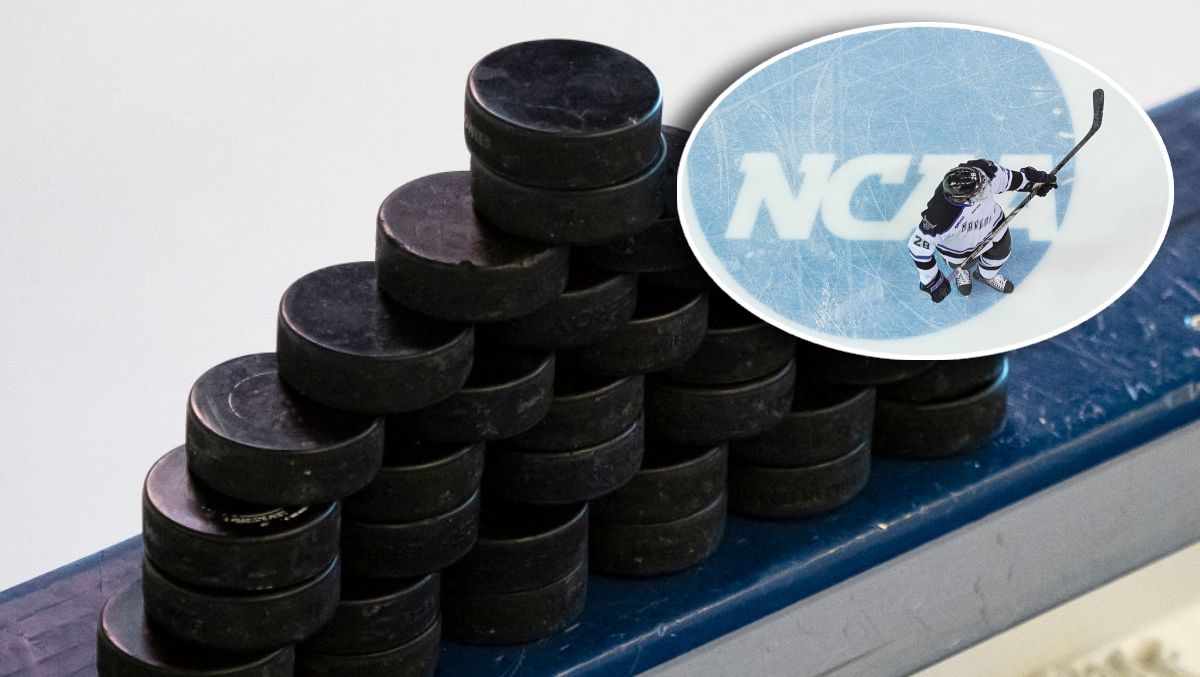
We all like college sports, but it’s no secret that the NIL era has made everything confusing as hell. Now, things just got even more head-scratching with the NCAA allowing some players with previous professional experience to move up the college hockey ranks. I know. What a world. So, a little background first. This is a very big year for college hockey, and that’s because it’s the first season that players with experience in the CHL — the top level of junior hockey in North America — are playing in college. That led to more than 100 players, some of whom were still CHL eligible, to make the jump to the NCAA. This includes the almost-certain top pick in the 2026 NHL Draft, Gavin McKenna, who will play at Penn State this season. But the confusion kicked up this week when the Arizona State Sun Devils announced that they were bringing in Jack Beck. As you can see, ASU expects Beck to be an impact player, but here’s where it gets weird: he spent last season with ECHL’s Wheeling Nailers, and even played a handful of games with the Wilkes-Barre/Scranton Penguins of the American Hockey League. That means he turned pro last year. So, how can he go back to the collegiate ranks? According to College Hockey News, this started with Bemidji State coach Tom Serratore, who brought in a pair of players with pro experience as the NCAA continues to lose legal battles concerning player eligibility. The NCAA Eligibility Center gave the thumbs up to these players, as what they made as pros was below the cost of going to college. Sun Devils head coach Greg Powers said that Beck was not given NIL money to attend and is instead simply on scholarship. Furthermore, he was on the team’s radar because his brother, Noah, played at ASU last season. Powers also said that he doesn’t expect this to be a regular occurrence in the years to come. “This isn’t gonna be like a huge thing,” he told College Hockey News. “It’s probably a little more prevalent this year because of the (Major Junior) rule change, and kids that missed the rule by a year that really wanted to play college. But the 21-year-old rule isn’t going anywhere. It’s not like we’re going to be in the (ECHL) recruiting.” Still, while it’s all on the up-and-up and not likely to become the norm, it’s a mind-bender when you see former pros going back to the amateur ranks.
